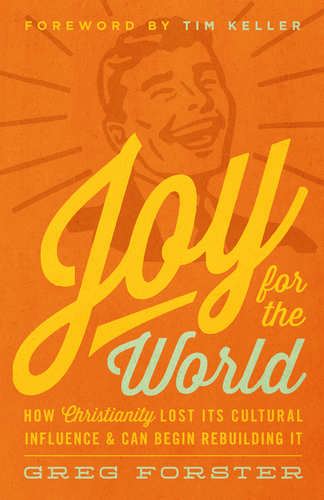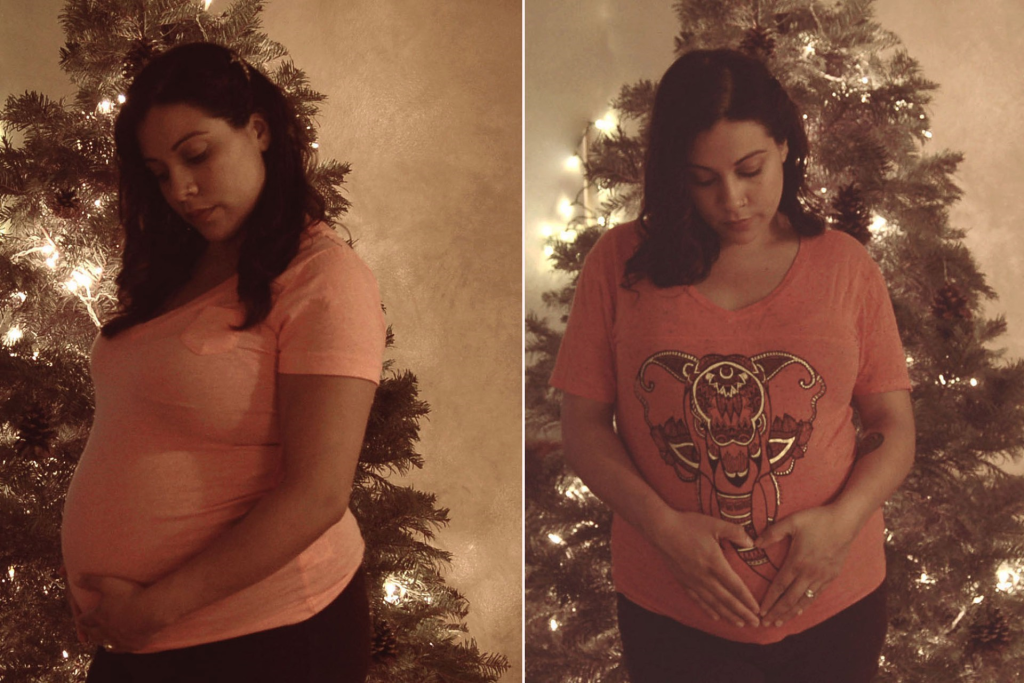In 1980, the Baby Boomers were sure their parents were evil; consciously or unconsciously, that is the meaning of Darth Vader.
In 2015, the Baby Boomers are scared to death their children are evil – and worse, that it’s their fault; consciously or unconsciously, that is the meaning of Kylo Ren.
Let us now discuss Star Wars.
If the New Disney is the renewing power that’s working to turn American culture inside out, Star Wars is about as good a barometer as any of where the culture actually is at this moment.
I have hinted in the past that I see Christian influence at work in the New Disney. Star Wars, by contrast, is thoroughly pagan. It’s quite explicitly Zoroastrian – a fact that comes through in the new movie, where Han describes the Force as a power that is “holding good and evil together.”
That, by the way, is why I am not at all bothered by the extensive plotline “borrowing” from A New Hope that J.J. Abrams has done in The Force Awakens. It’s actually a perfect fit for the Zoroastrian cosmology. We have seen this before in other decidedly pagan franchises – think of how Neo after Neo after Neo must arise to fight the machines over and over again in The Matrix, or of the rebooted Battlestar Galactica. As Maz explains to Han and friends, the battle between good and evil is eternal. The same things must happen again and again. Only the names change; Sith, Empire, First Order. There is no victory, only the same battle, over and over again, forever. So no, it doesn’t bother me that the same plot points happen again; that’s part of the story.
So if Star Wars shows us the pagan culture we live in, what does it show us?
It shows us that the family is awakening.
Ponder the words of Maz to Rey:
You already know that the ones whom you wait for aren’t coming back. But there is one who might. The belonging you seek is not behind you. It is ahead.
They already know – the meaning and purpose in life that they’re waiting for, and above all the belonging, isn’t coming back. The old cultural unity has been shattered beyond repair. But a new one can be built.
The belonging that our culture is seeking is not behind us. It lies ahead.
Family has always been critically important to Star Wars. (That’s why it was idiotic beyond all expression for Lucas to make the Jedi celibate in the prequels – or it would have been, if the prequels had happened, which of course they didn’t!) But family plays a completely different role in The Force Awakens than it did in the original trilogy.
In the originals, family is about lineage. It’s a source of power. It’s also a source of direction for young ambition – as Luke says to Yoda, he wants to become a Jedi mostly because of his father.
But in The Force Awakens, family is a source of belonging. It provides identity and meaning.
Listen to Han and Leia talking about their failed marriage. That is how Baby Boomers talk. That is how they see the world. Selfish and narcissistic; they define the family by their own needs. “We each had to deal with this in our own way.” No, Han, you had to stay and raise your effing son. They even went back after their marriage failed and threw themselves into their jobs! No, we’ve never seen that in our own time.
And Leia points to the heart of the movie’s plot when she says that she should never have sent Ben away to be trained with Luke. She broke up the family. Things can only be made right if the family can be put back together. Han has spent years telling himself that it can’t be done, but the only reason he tells himself that is to avoid the painful duty of facing up to what he and his son have both done wrong.
Han has to return to the son, and his son has to forgive him (or else not). “Luke’s a Jedi; you’re his father.”
Millennials are destroying the world because narcissistic Boomers broke up the family. That’s The Force Awakens in a nutshell.
I can’t believe people are saying the actor playing Kylo Ren was miscast. To borrow a line coined by Roger Ebert in another context: If you thought Kylo Ren was miscast, go back and see this movie again, and keep going back until you get it right. It’s not bad, it’s good, that Kylo Ren looks like a whiny Millennial – that’s the whole point of the character! He is a beautiful, intelligent, powerful young man who has everything going for him, yet he still hates the world. That’s why he’s evil!
Similarly, people are rolling their eyes at Harrison Ford’s performance. Some are saying he clearly just cashed the check and phoned in the performance. You know why it comes across that way? Because he plays the part as a grizzled old man who has already seen so much, suffered so much and (not least important) accomplished so much in his life that he no longer gives a crap about what’s going on around him. That could be a cynical Harrison Ford, but it’s also exactly the right way to play Han Solo as he appears to us in this movie. Suppose Han gets shot by irate clients or eaten by a tentacled space monster. Why would he care so intently about that? What, it’s going to end his blissful life of slogging from one lousy smuggling job to the next? Or will it leave him, at the moment of his death, looking back on a life wasted? He saved the frigging galaxy! And then he screwed up his family beyond repair (or so he tells himself). Talk about a guy with no reason to care whether you shoot him.
You know how you can really tell the pagan culture is rediscovering the need for intact families? It is trying to retrench feminism, and it is succeeding. Yes, we have to ham-handedly establish that Rey is independent by having her yell at Finn not to grab her hand when they’re running for their lives. The idols must be bowed to. But even as they bow to it, they are surreptitiously emptying the idol of its real power. Rey kisses Finn before flying off to find Luke. Why? And why is it important?
Because most people (I am saying nothing against special spiritual gifts) can’t have a satisfying life without the family. And that means retrenching feminism in a way that neuters most of its central claims.
We have already seen this in this year’s Avengers movie, which the feminists were absolutely right to hate. Folks, if both the Avengers and Star Wars are retrenching the claims of feminism in favor of the family, we are seeing real progress at the heart of the culture.
Come to think of it, the transcendent importance of the integrity of the family was at the heart of a whole lot of movies this year. Not just Star Wars and Avengers – as if that weren’t enough! – but also Inside Out, Home, Hotel Transylvania 2, Peanuts, The Good Dinosaur, Goosbumps, Paddington and even Pan – a movie that badly misunderstood the Peter Pan myth and that richly deserved to flop for other reasons as well, but whose one really original thought was to have Peter love Neverland because, and only because, his mother died to save it.
When I saw The Force Awakens for the second time, there was a man sitting two seats away from me, probably about 30 years old, who was clearly somewhat mentally disabled – not really badly, but badly enough not to be fully able to comply with the expected behavior in a movie theater. He sometimes spoke during the movie. But he was mostly kept under control by the woman sitting next to him, who was clearly his mother.
During the movie I thought, “Wow, that’s a lousy job. She’s got it rough.”
It was only afterward that I thought, “Where is this guy’s father?”
Taking your mentally disabled son to Star Wars is a dad kind of thing, isn’t it? And don’t tell me it’s because he’s not into Star Wars, because the mother clearly wasn’t.
Now, what do I know about this family? Maybe he had to work late that night and it really had to be that night when they went to the movie. I could see that. But statistically, we all know what the most likely scenario here is. You know?
People don’t put up with chaos and evil forever. They know. Underneath the superficial ideology and the false reality created by cheap entertainment, they know.
The belonging they seek is not behind them. It lies ahead.
Can a culture be renewed? BB-8 says . . .









